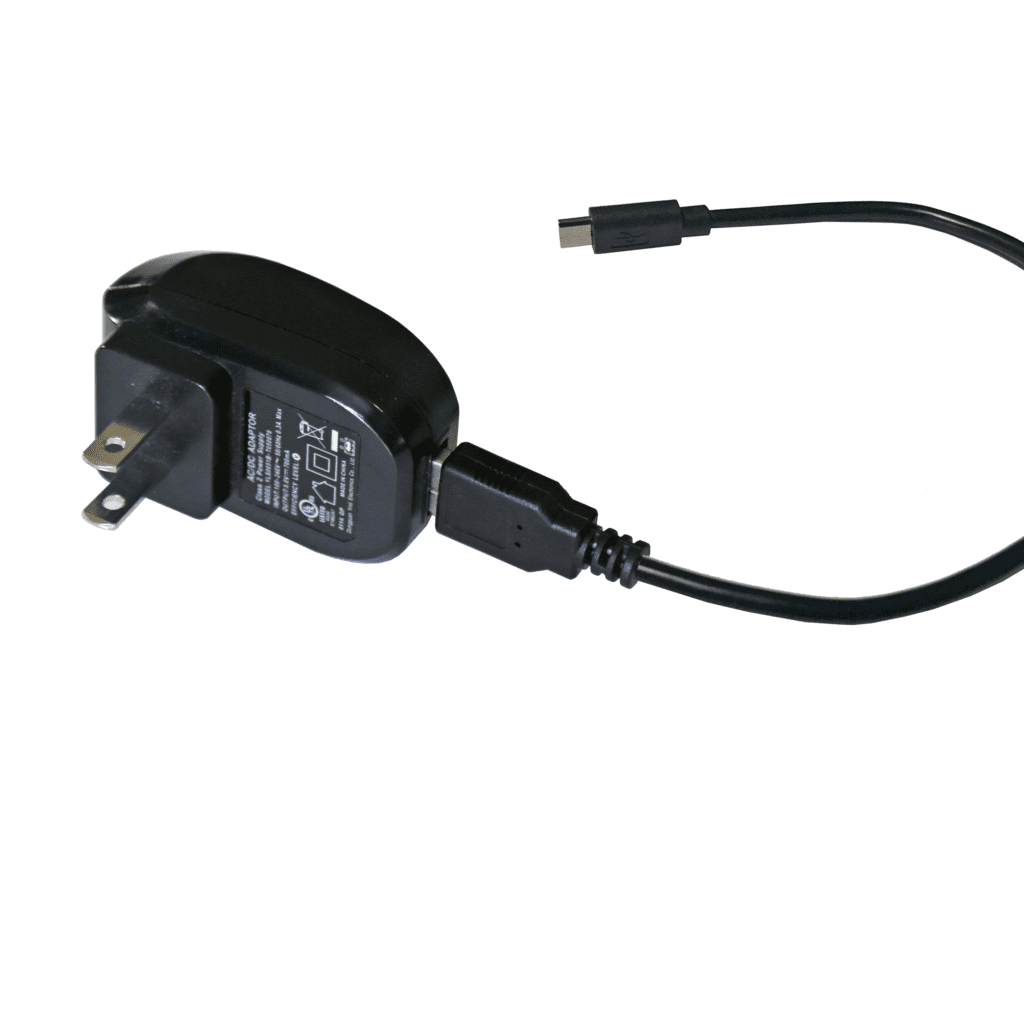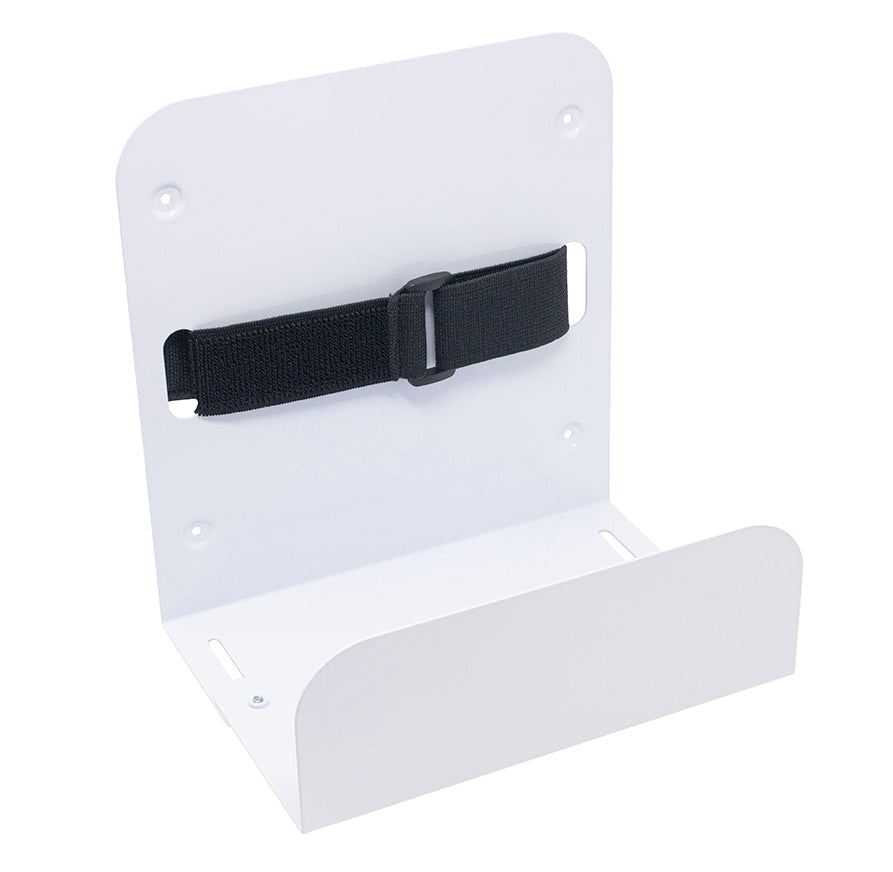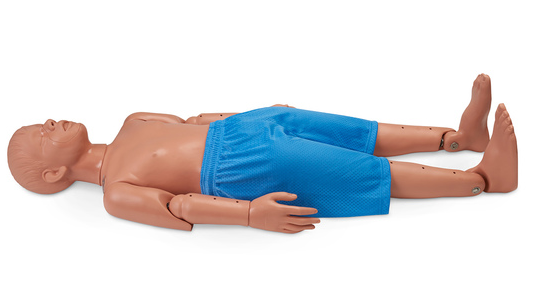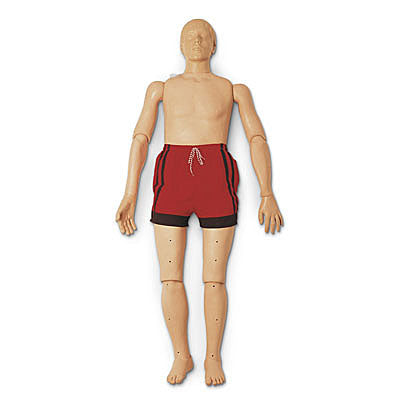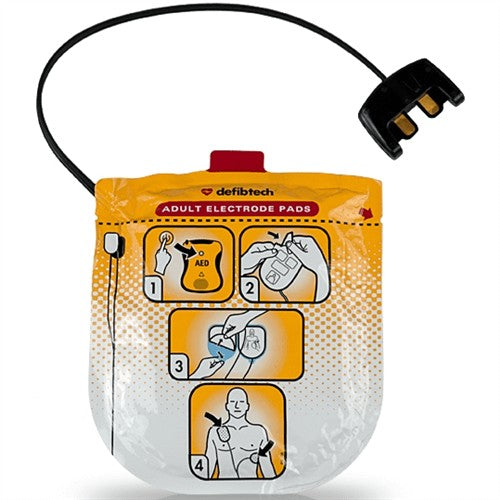1. Heart Attack (Myocardial Infarction):
A heart attack occurs when there's a blockage in one of the coronary arteries, which supply blood to the heart muscle. This blockage usually results from a buildup of cholesterol, fat, and other substances, forming a plaque within the artery. The blockage can reduce or cut off blood flow to a portion of the heart, leading to damage or death of heart muscle cells. Common symptoms of a heart attack include chest pain or discomfort, shortness of breath, nausea, and sweating.
2. Cardiac Arrest:
Cardiac arrest is a sudden and abrupt loss of heart function, typically due to an electrical problem in the heart that causes an irregular heartbeat (arrhythmia). This can cause the heart to quiver (ventricular fibrillation) or stop beating altogether. As a result, blood flow to the body and brain stops, causing the person to lose consciousness and their pulse. Cardiac arrest is a medical emergency that requires immediate intervention, typically through cardiopulmonary resuscitation (CPR) and the use of an automated external defibrillator (AED).
3. Automated External Defibrillator (AED):
An AED is a portable device used to treat sudden cardiac arrest. It delivers an electric shock to the heart in an attempt to restore a normal rhythm when the heart's electrical activity becomes chaotic or stops altogether. AEDs are equipped with sensors to analyze the heart's rhythm and determine whether a shock is needed. They are designed to be user-friendly and can be used by bystanders even without medical training. Rapid defibrillation with an AED is crucial for increasing the chances of survival during cardiac arrest, as it can potentially restore a normal heart rhythm and improve the person's outcome.
In summary, a heart attack is caused by a blocked artery leading to damage of heart muscle, while cardiac arrest is a sudden loss of heart function due to an electrical issue. An AED is essential during cardiac arrest because it can deliver an electric shock to potentially restore the heart's normal rhythm, increasing the likelihood of survival.

